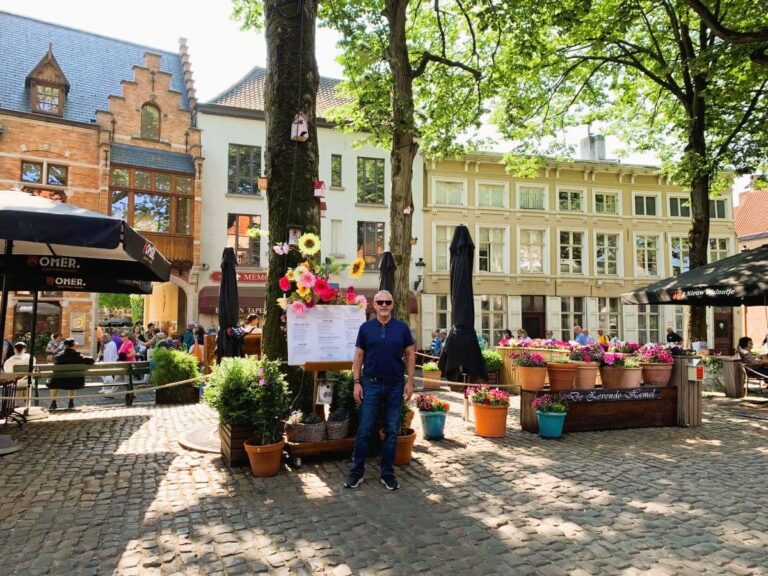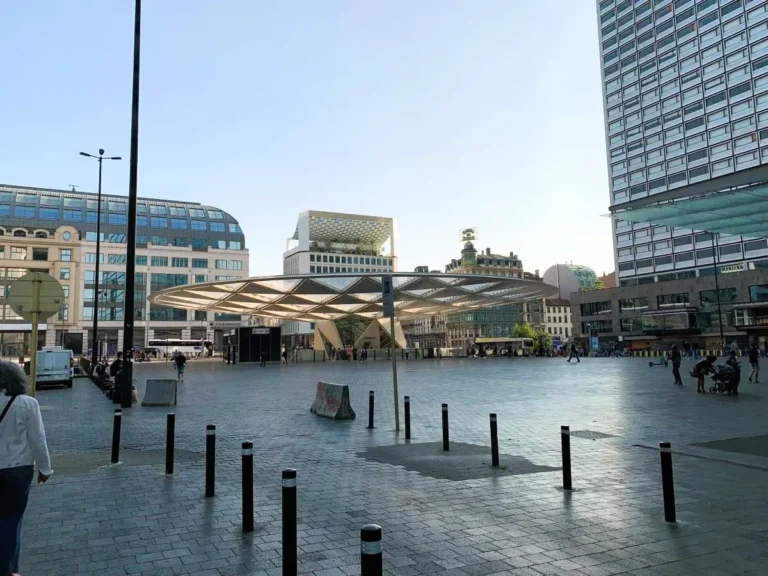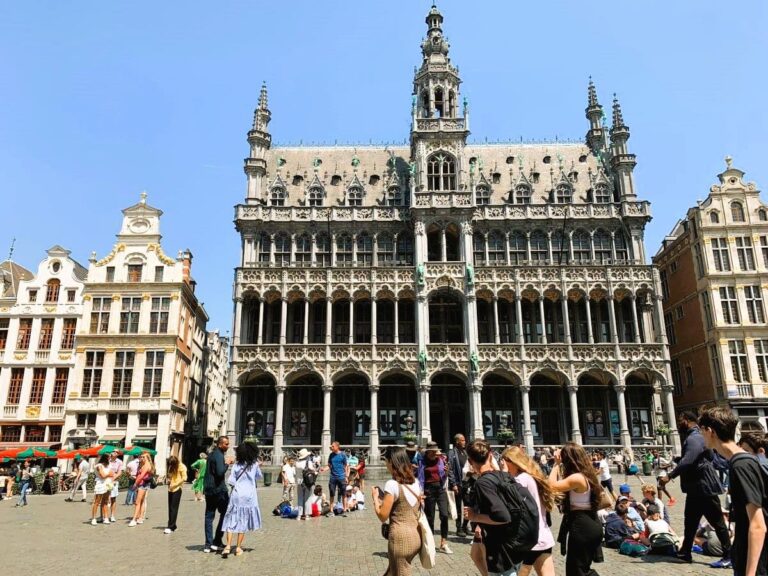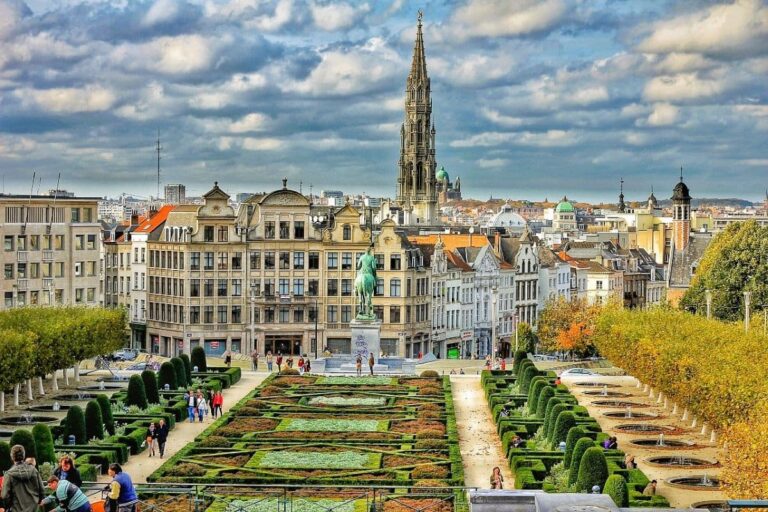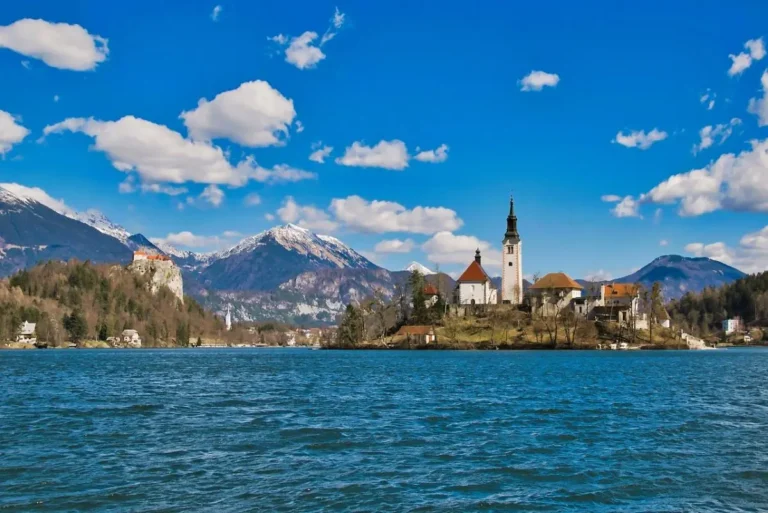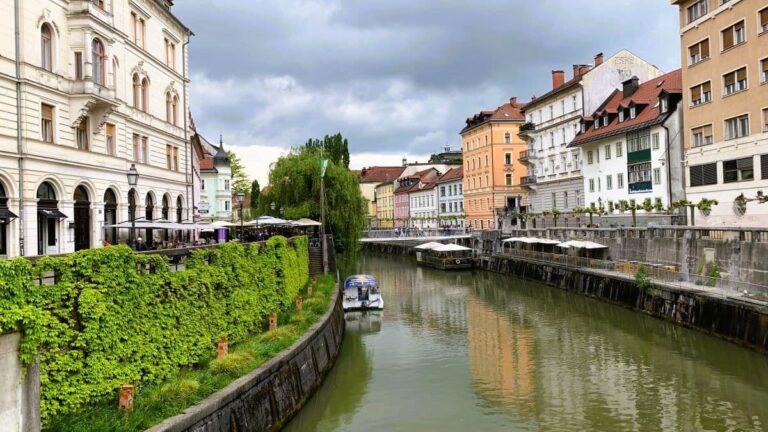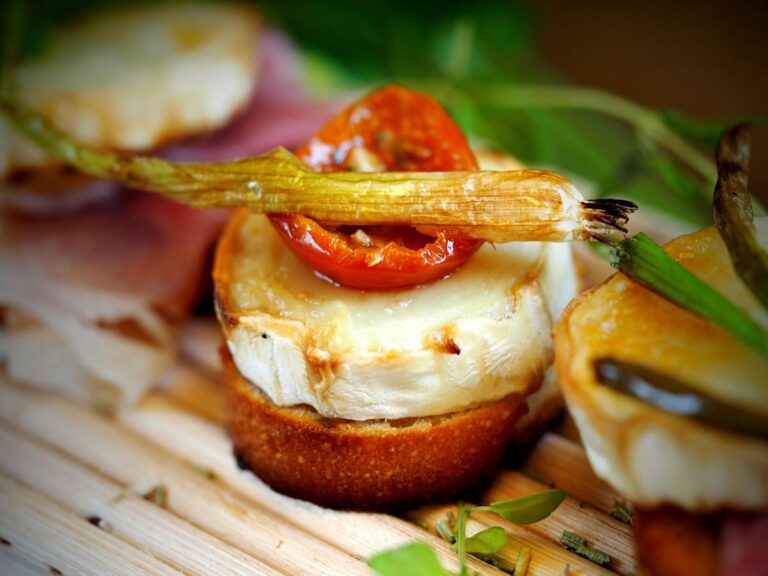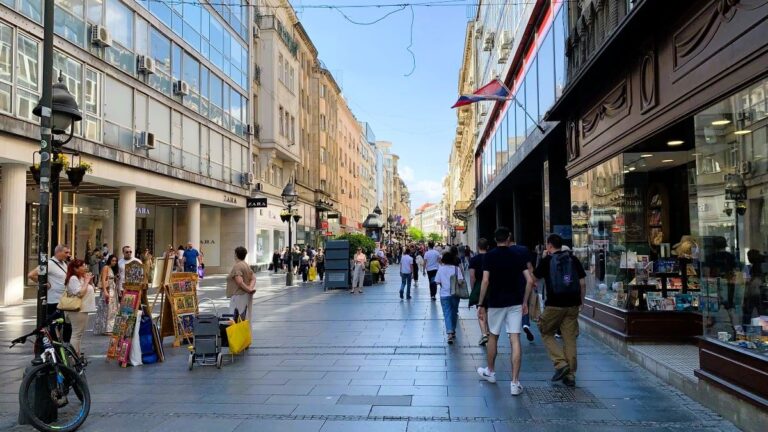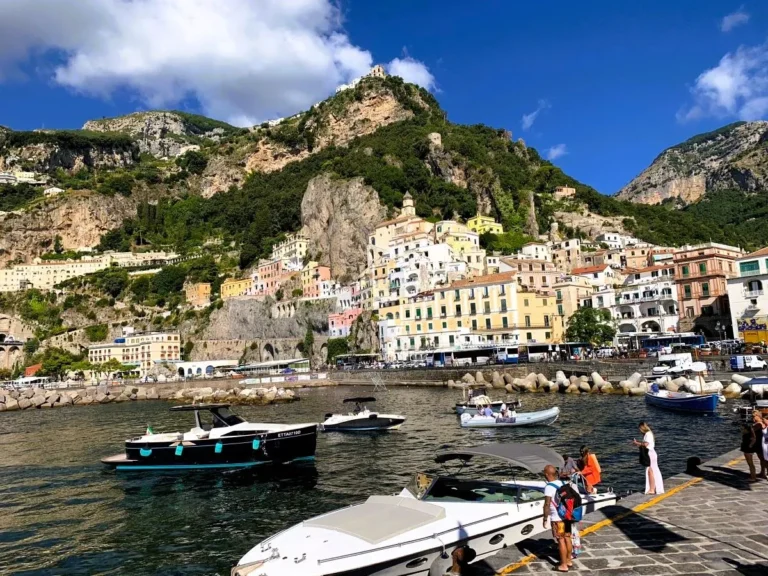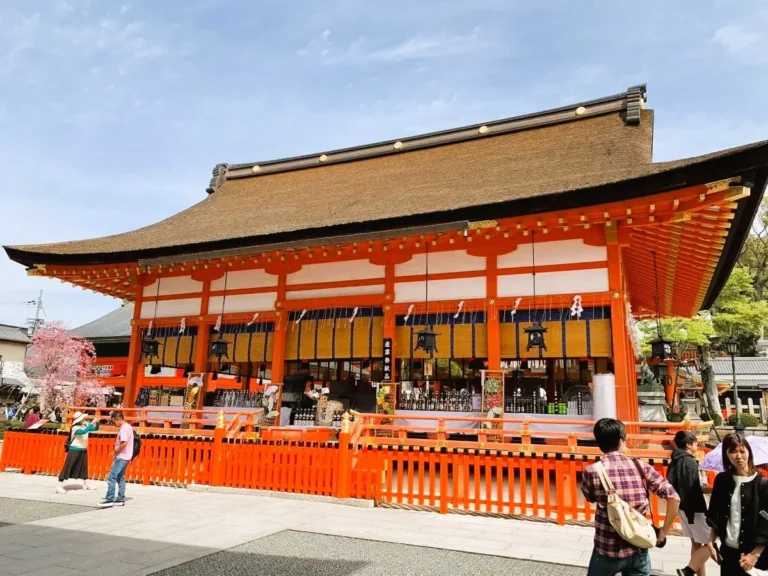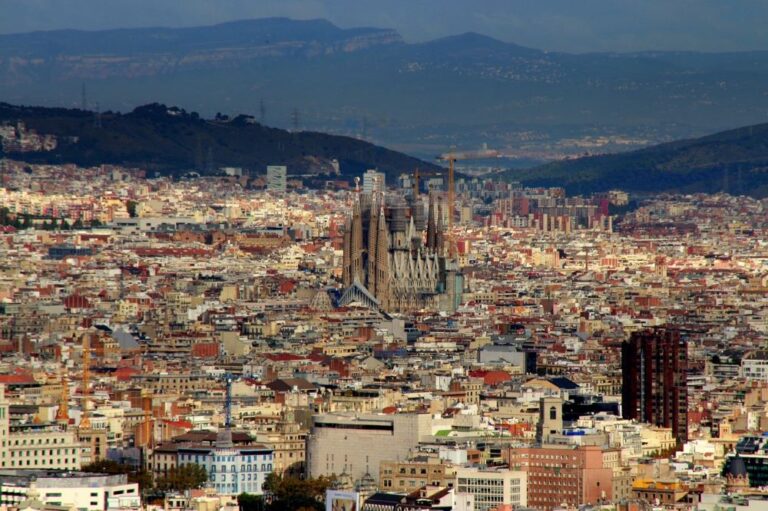Discover Portugal: Your Ultimate Portugal Travel Guide (2025)
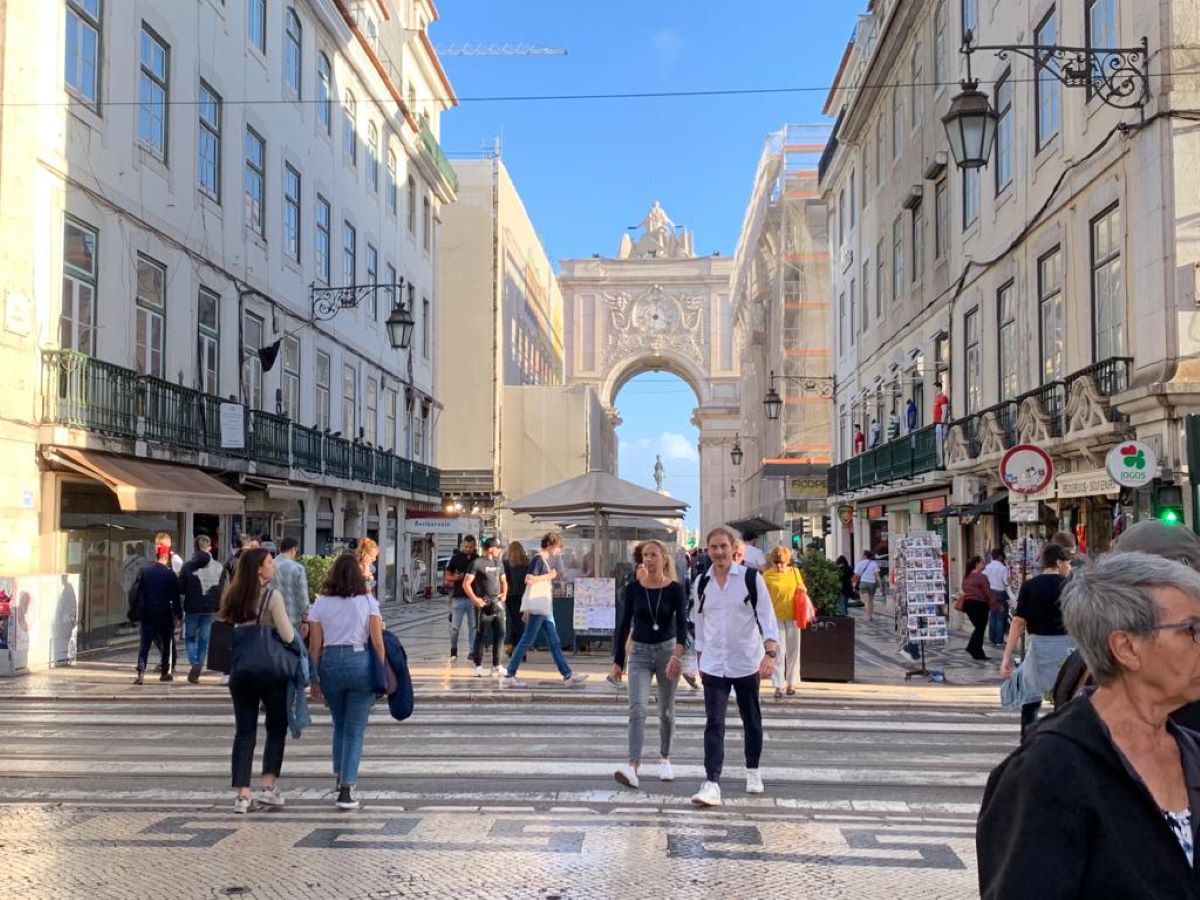
Did you know Portugal is the oldest country in Europe with the same borders it has today? Pretty impressive for a place that also happens to serve incredible seafood, world-class wine, and plenty of sunshine.
What surprised me most on my trip was the immense variety that can be found in such a small country. One moment you’re riding a vintage tram through Lisbon’s colorful streets, the next you’re sipping port by the river in Porto, and just a few hours later you could be standing on the dramatic cliffs of the Algarve.
And beyond the big names, the countryside is dotted with castles, quiet villages, and hidden corners that feel worlds away from the crowds.
This Portugal travel guide will walk you through the best of Portugal—where to go, what to eat, and how to make the most of your trip.
Portugal is a land of rich history, vibrant culture, and breathtaking landscapes. Whether you’re interested in exploring ancient castles, savoring delicious cuisine, or relaxing on beautiful beaches, this small but diverse country has something for everyone.
Let’s dive into what makes Portugal such an incredible destination.
A Brief History of Portugal
Portugal’s history stretches back thousands of years, beginning with early settlements by the Celts and Romans. In the 12th century, Portugal became an independent kingdom under King Afonso I.
By the 15th and 16th centuries, it had risen to global prominence during the Age of Exploration. Portuguese explorers, such as Vasco da Gama and Ferdinand Magellan, played a pivotal role in discovering sea routes to Africa, Asia, and South America.
In 1974, Portugal experienced the Carnation Revolution, a peaceful uprising that led to the fall of its dictatorship and the establishment of democracy. Since then, it has grown into a thriving nation and a beloved travel destination.
For a more detailed history, click here.
Portuguese Culture: Traditions, Music, and Art
Portuguese culture is warm, welcoming, and deeply rooted in tradition. One of its most famous cultural expressions is fado, a soulful style of music that reflects themes of love, loss, and longing. Listening to live fado in a cozy Lisbon bar is an unforgettable experience.
Art also plays a significant role in Portugal’s identity. Traditional azulejos, or painted ceramic tiles, are used to decorate everything from churches to train stations. These colorful tiles often depict historical scenes or intricate patterns.
Festivals are another important part of Portuguese life. The Feast of St. Anthony in Lisbon and São João Festival in Porto are vibrant celebrations filled with music, food, and fireworks.
Tastes of Portugal: Popular Dishes and Drinks
Portuguese cuisine is hearty, flavorful, and influenced by the country’s coastal geography. Some must-try dishes include:
- Bacalhau: Salted codfish, prepared in hundreds of different ways.
- Pastéis de Nata: Sweet custard tarts with a crispy, flaky crust.
- Francesinha: A decadent sandwich layered with meats, cheese, and a rich beer-based sauce, popular in Porto.
- Caldo Verde: A comforting soup made with potatoes, kale, and chorizo.
For drinks, try port wine, which comes from the Douro Valley, or ginjinha, a cherry liqueur often served in small chocolate cups. Don’t forget to sample vinho verde, a light and refreshing white wine perfect for warm days.
Weather in Portugal: What to Expect
Portugal’s climate is mild and pleasant year-round, making it a great destination in any season.
- Spring (March to May): Warm and sunny, with blooming flowers and moderate temperatures around 15-20°C (59-68°F).
- Summer (June to August): Hot and dry, with temperatures reaching 30°C (86°F) in some areas. Coastal regions like the Algarve stay cooler thanks to ocean breezes.
- Autumn (September to November): Mild and less crowded, with temperatures around 20-25°C (68-77°F).
- Winter (December to February): Cooler but still mild, with averages around 10-15°C (50-59°F). It’s a great time to explore cities or enjoy lower prices.
Top Cities to Visit in Portugal
1. Lisbon
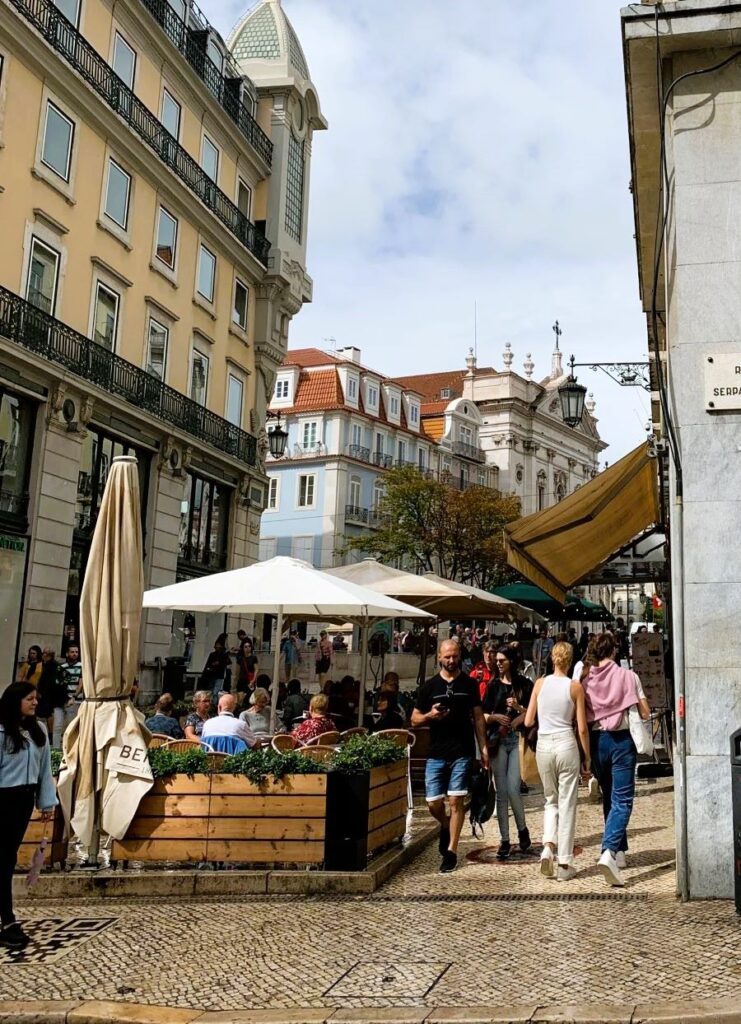
The capital city is a vibrant mix of old and new. Wander through the Alfama district’s narrow streets, take a ride on a vintage tram, and visit Belém Tower, a UNESCO World Heritage Site. Don’t miss the Jerónimos Monastery, a stunning example of Manueline architecture.
Planning to visit Lisbon? Check out my Lisbon 3-day itinerary
2. Porto
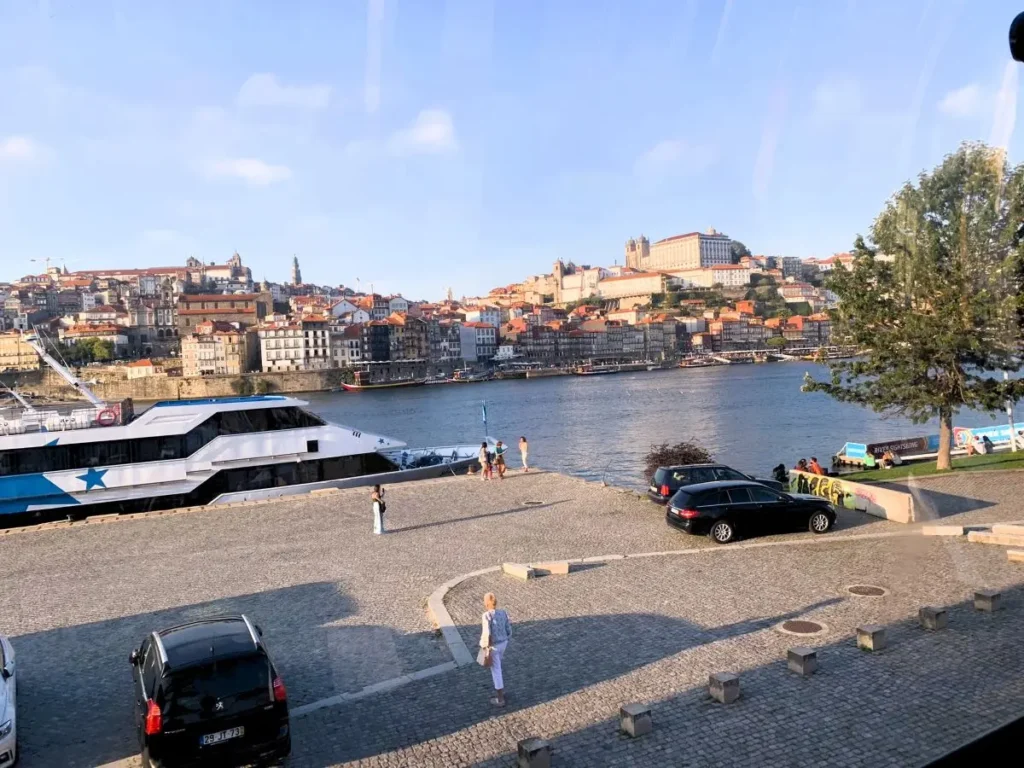
Known for its picturesque riverside and port wine, Porto is a charming city. Stroll across the Dom Luís I Bridge for great views, visit the Livraria Lello bookstore, and explore the colorful streets of Ribeira.
For more on Porto, check out my post: Is Porto Worth Visiting? A First-Timer’s Guide to This Enchanting City
3. Sintra
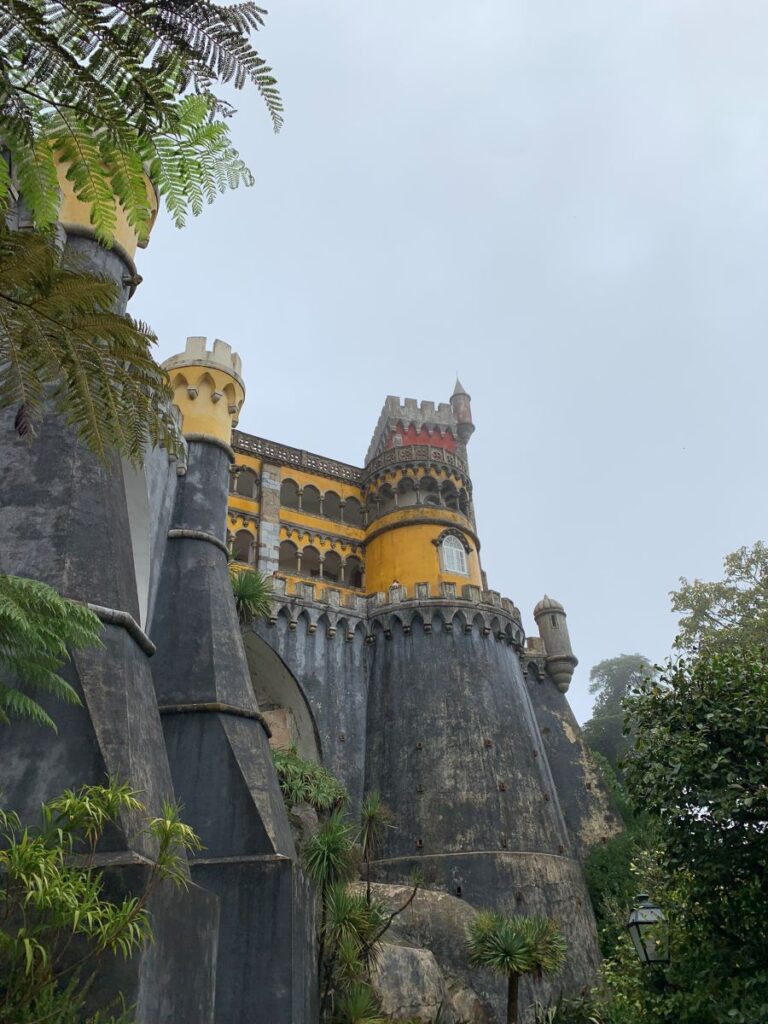
Just a short trip from Lisbon, Sintra feels like a fairytale. The Pena Palace, with its bright colors and whimsical design, is a must-see, along with the Quinta da Regaleira, known for its mysterious gardens.
4. Faro
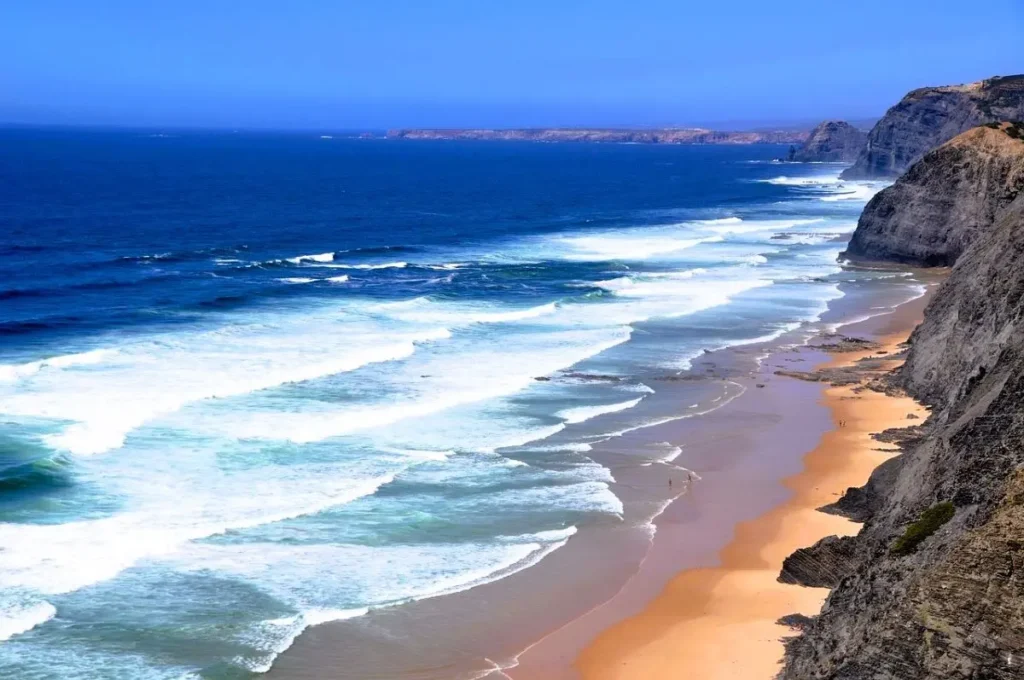
The gateway to the Algarve region, Faro is perfect for beach lovers. Explore the Ria Formosa Natural Park, relax on pristine beaches, or enjoy fresh seafood in local restaurants.
5. Coimbra
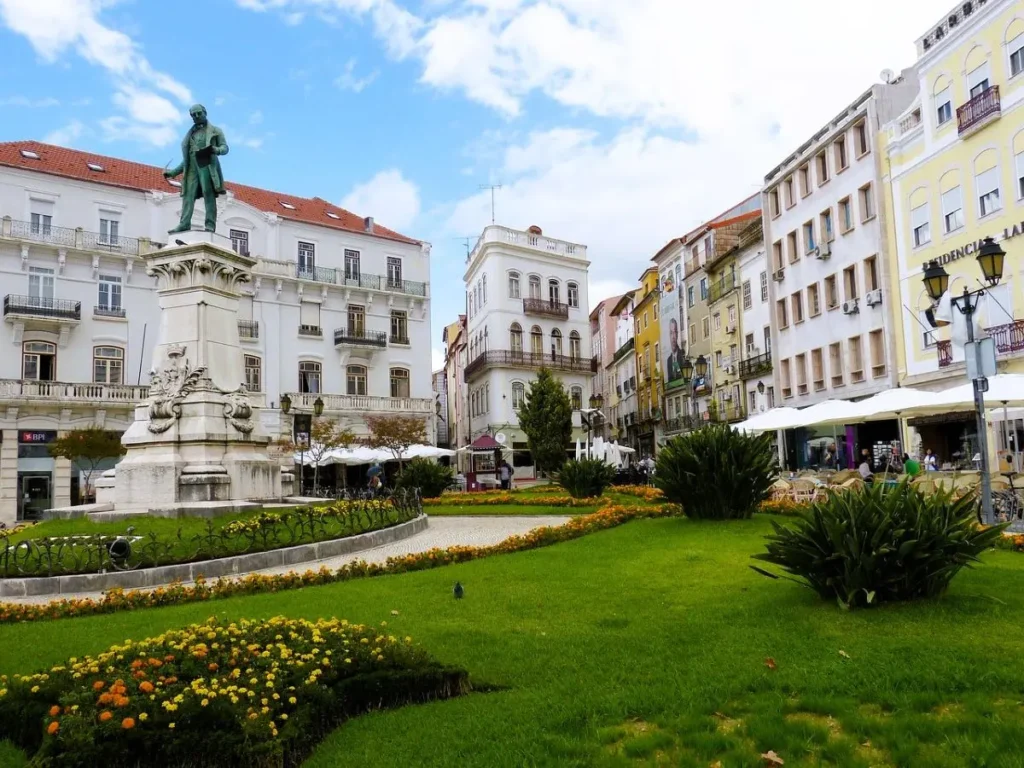
Home to one of Europe’s oldest universities, Coimbra has a rich history and vibrant student life. Visit the stunning Joanina Library, stroll through the Botanical Garden, and enjoy traditional fado performances unique to the city.
Related Posts:
- Lisbon 3-day itinerary
- Unearthing the Hidden Gems of Lisbon: Discovering the City’s Best-Kept Secrets
- Is Porto Worth Visiting? A First-Timer’s Guide to This Enchanting City
Practical Information for Visiting Portugal
Currency & Money
Portugal uses the euro (€). Credit and debit cards are widely accepted in most cities and tourist areas, but it’s smart to carry some cash for small cafés, local markets, or rural towns. ATMs are easy to find throughout the country.
Electric Adaptors
Portugal uses Type C and Type F plugs (two round pins), with a standard voltage of 230V, 50Hz. Visitors from North America and other regions may need a plug adaptor, and sometimes a voltage converter if devices aren’t dual voltage. Most phone chargers and laptops are fine.
Entry Requirements
- EU/EEA and Swiss citizens: No visa required.
- US, Canadian, UK, Australian, and other passport holders: Visa-free travel for up to 90 days within a 180-day period in Portugal and the wider Schengen Zone.
- ETIAS update: From 2025, travelers from visa-exempt countries must apply for an ETIAS travel authorization before entering Portugal or other Schengen countries.
Language
The official language is Portuguese. English is commonly spoken in Lisbon, Porto, and tourist areas, but knowing a few words like “obrigado/obrigada” (thank you) goes a long way.
Tipping
Tipping in Portugal is not mandatory, but appreciated. In restaurants, 5–10% is standard for good service, and for taxis, rounding up to the nearest euro is polite.
Getting Around
- Cities: Lisbon and Porto have metro systems, buses, and trams that make it easy to get around without a car.
- Between cities: Trains and long-distance buses connect most regions.
- Countryside & Algarve: Renting a car is the best option if you want to explore smaller towns or hidden beaches.
Safety
Portugal is one of the safest countries in Europe. Petty theft, like pickpocketing, can happen in busy areas, so keep an eye on your belongings in Lisbon and Porto.
Local Etiquette & Culture
- Greetings: A simple “Olá” (hello) works anywhere. Handshakes are common in formal settings, while friends may greet with two kisses on the cheeks (starting on the right).
- Dining: Lunch is usually the biggest meal of the day. Don’t be surprised if dinner starts late, often around 8–9 pm.
- Coffee culture: Ordering a “café” usually means a small espresso. If you want something larger, ask for an “abatanado”.
- Pace of life: Things move at a relaxed pace, especially outside big cities. Be patient—slow service often just means you’re meant to enjoy the moment.
Why Visit Portugal?
Portugal offers a perfect mix of history, culture, food, and natural beauty. Its welcoming atmosphere and manageable size make it an easy and enjoyable destination for travelers of all kinds.
Whether you’re exploring Lisbon’s lively streets, sipping wine in Porto, or lounging on Algarve’s golden beaches, you’re sure to fall in love with this incredible country.
Plan your trip today and discover why Portugal is one of Europe’s most enchanting destinations!
Planning an international, multi-city trip?
If you’re feeling overwhelmed by flights, routes, timing, or budgets, I put together a free step-by-step ebook to help you plan your trip with confidence.
Free • Instant access • Perfect for first-time travelers • unsubscribe anytime.
Recent posts:
-
A Perfect Day Trip to Bruges From Brussels: A Simple Train Plan and Walking Route
If you’re planning a trip to Belgium and short on time, a Day Trip to Bruges from Brussels is a great idea. In just about an hour by train, you can swap the busy streets of the capital for cobblestone lanes, peaceful canals, and storybook buildings that feel frozen in time with medieval architecture. Often…
-
Where to Stay in Brussels: The Best Neighborhoods for Every Travel Style
Choosing where to stay in Brussels matters more than it does in many European capitals. The city is compact, but the atmosphere changes quickly from one neighborhood to the next. Picking the right base makes exploring Brussels easier and far more enjoyable. This guide helps you pick the right base by vibe, budget, and travel…
-
15 Best Things to Do in Brussels for First-Time Visitors (2026)
Brussels often surprises visitors because it doesn’t fit the expectations people arrive with. Many travellers assume it’s merely an administrative capital or a brief stopover between Paris and Amsterdam. In reality, it offers a lot, and there are many fun things to do in Brussels. For a first visit, plan to spend 1 to 3…
-
Belgium Travel for First-Time Visitors (2026): Easy Trains, Medieval Cities, and Great Food
Belgium might be small, but it delivers far more than its size suggests—historic cities, beautiful architecture, world-famous food, and some of the best beer you’ll ever taste. Belgium travel is surprisingly easy. My wife and I spent four days there in 2023 as part of a train journey through eight European countries. It’s one of…
-
Slovenia Travel Guide: Everything You Need to Know Before You Go
Slovenia may be small, but it packs in a lot. Think emerald lakes, mountain scenery, charming old towns, underground caves, and even a short but beautiful coastline. It’s clean, safe, easy to travel, and perfect for first-time visitors to Europe or travelers who want nature without the crowds. This Slovenia travel guide covers everything you…
-
Where to Stay in Ljubljana (Best Areas for First-Time Visitors)
Planning a trip to Ljubljana and not sure where to stay? This guide breaks down the best neighborhoods for first-time visitors, including hotel recommendations for every budget — all within walking distance of the main sights. Choosing where to stay in Ljubljana is mostly about matching the right area to your budget and travel style…

